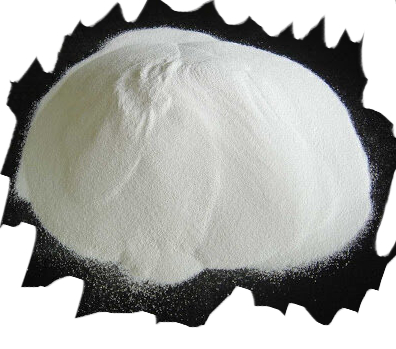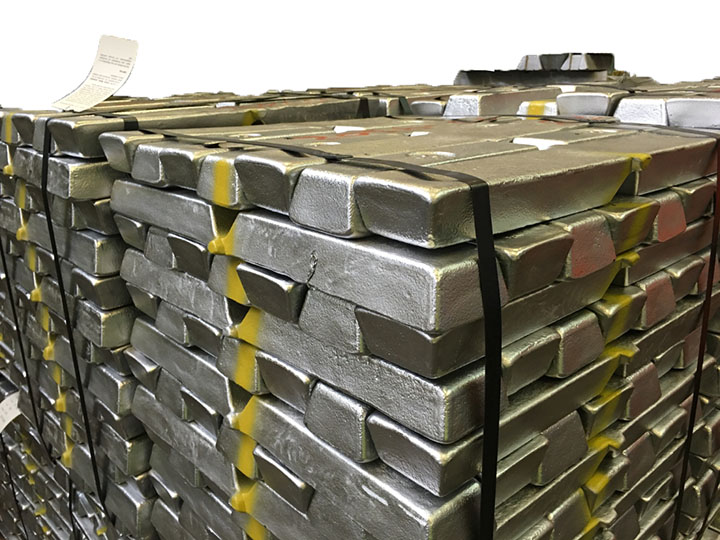ALUMINUM OXIDE

INTRODUCTION
Aluminum (Aluminium) Oxide [Al2O3 ] , that is commonly known as Alumina , is an inert , odourless, amorphous white powder produced from Bauxite mostly through Bayer process and has other names such as Aloxide , Aloxite or Alundum depending on the industry use.

General specifications of Alumina can be summarized as follows:
Property | Value |
Melting point | 2,072 °C (3,762 °F; 2,345 K) |
Boiling point | 2,977 °C (5,391 °F; 3,250 K) |
Hardness | 15 – 19 GPa (9 on the Mohs scale) |
Electrical resistivity | 1012 – 1013 Ωm |
Thermal conductivity | 20 – 30 W/mK |
Molecular mass | 101.96 g/mol |
Density | 3.95 g/cm3 |

Application:
- Used in producing primary aluminum
- Filler for some plastics
- Used in abrasives and also a lower price substitute for industrial diamonds
- Alumina flakes as reflective in automobile paints
- In refineries, Alumina converts hydrogen sulfide waste gases into elemental sulfur.
- Abrasion resistance in some coatings
- Widely used in refractories because of its high melting point
- Often used in glass to improve the strength, producing bullet proof windows
- So much used in engineered ceramics to increase wear resistance and thermal and chemical stability
Commercial Grades :
- Smelter or metallurgical grade : used in manufacturing of aluminum metal
- Calcined : when aluminum hydroxide heated more than 1100C , then it passes through the transition phases , these calcined one is used in refractories and ceramics and there are 3 type of calcined alumina :
- Low soda
- Medium Soda
- Ordinary Soda
- Reactive : this type of alumina refers to a relatively high purity and small crystal size and utilized when exceptional strength, temperature resistance, wear resistance, ,surface finish or chemical inertness are needed.
- Tabular : a s recrystallized or sintered α-alumina, flat tablet-shaped crystals of corundum. Tabular alumina is especially suitable for refractory applications.
- Fused : The fused alumina has low porosity, high density, low permeability and high refractoriness. so, it is used in producing of refractories and abrasives .
- High Purity : normally referred to those with a purity of 99.99% and are used in manufacturing of synthetic gem stones such as rubies and yttrium aluminum garnets for lasers, and sapphires for instrument windows and lasers.
if you have any question about product detail please
MARKETING POLE GROUP
Central Office TEL: 0098 5138407354
Email : info@marketingpole.com